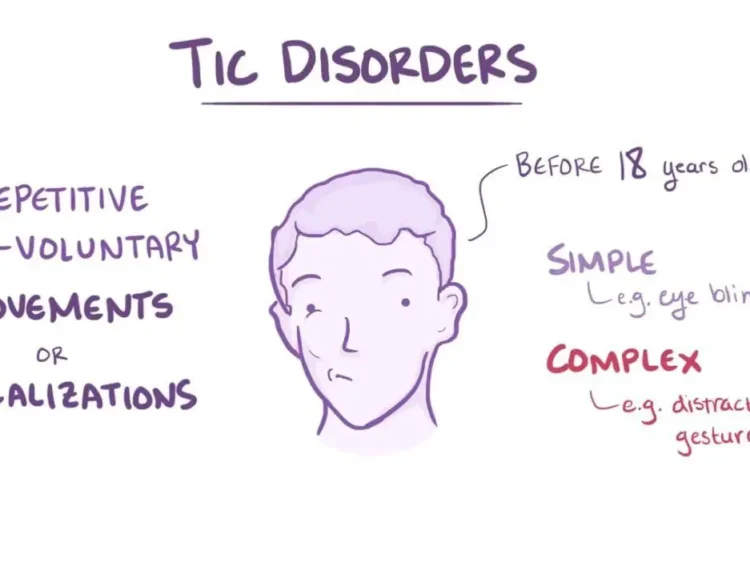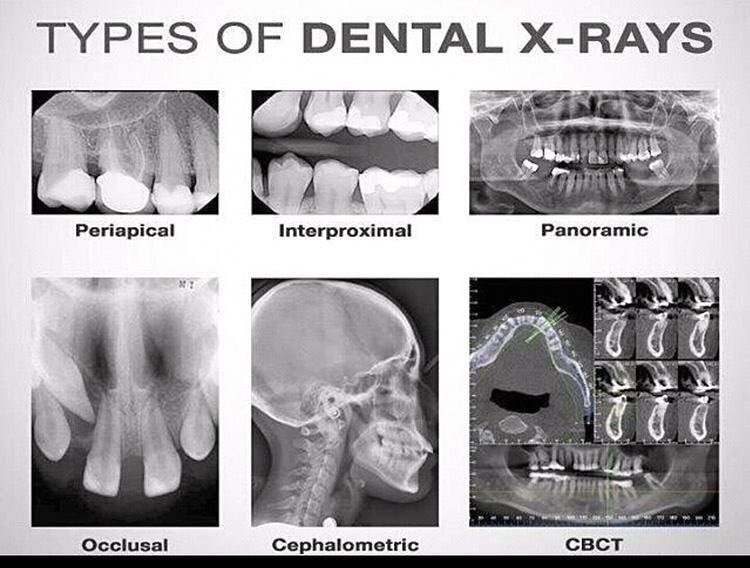Brushing teeth is a normal routine in the morning for all of us and some of us brush at night as well. Most of us brush to remove “yellowness” of the teeth. The yellowness of teeth is impractical to be removed as it is a built-in color of a human tooth. The more efforts are made towards removing their yellowness, the paler they will appear in a mouth.
Brushing teeth is carried out to eliminate dental plaque from the mouth. Dental plaque is an invisible colony of microorganism present on a tooth surface. These microbes when obtain sugar from the food a person consumes, produce an acid which drops the pH of Saliva from 6-7 to 5.5 and lower. At this pH, enamel of teeth breakdown which is initiation of tooth decay. If left untreated, a cavity is formed on the Tooth.
Brushing twice a day is recommended; after breakfast in the morning and at bedtime at night. The invisible plaque is thus eradicated within 12 hours. If the plaque stays there for more than 12 hours, it achieves calcium and phosphate from the saliva and starts becoming harder. This harder stuff is no more an invisible plaque but a visible calculus or tartar. The calculus is so hard and sticky that it cannot be removed with brush and require professional services for removal. The calculus left unremoved, become a cause of gum diseases and recession.






